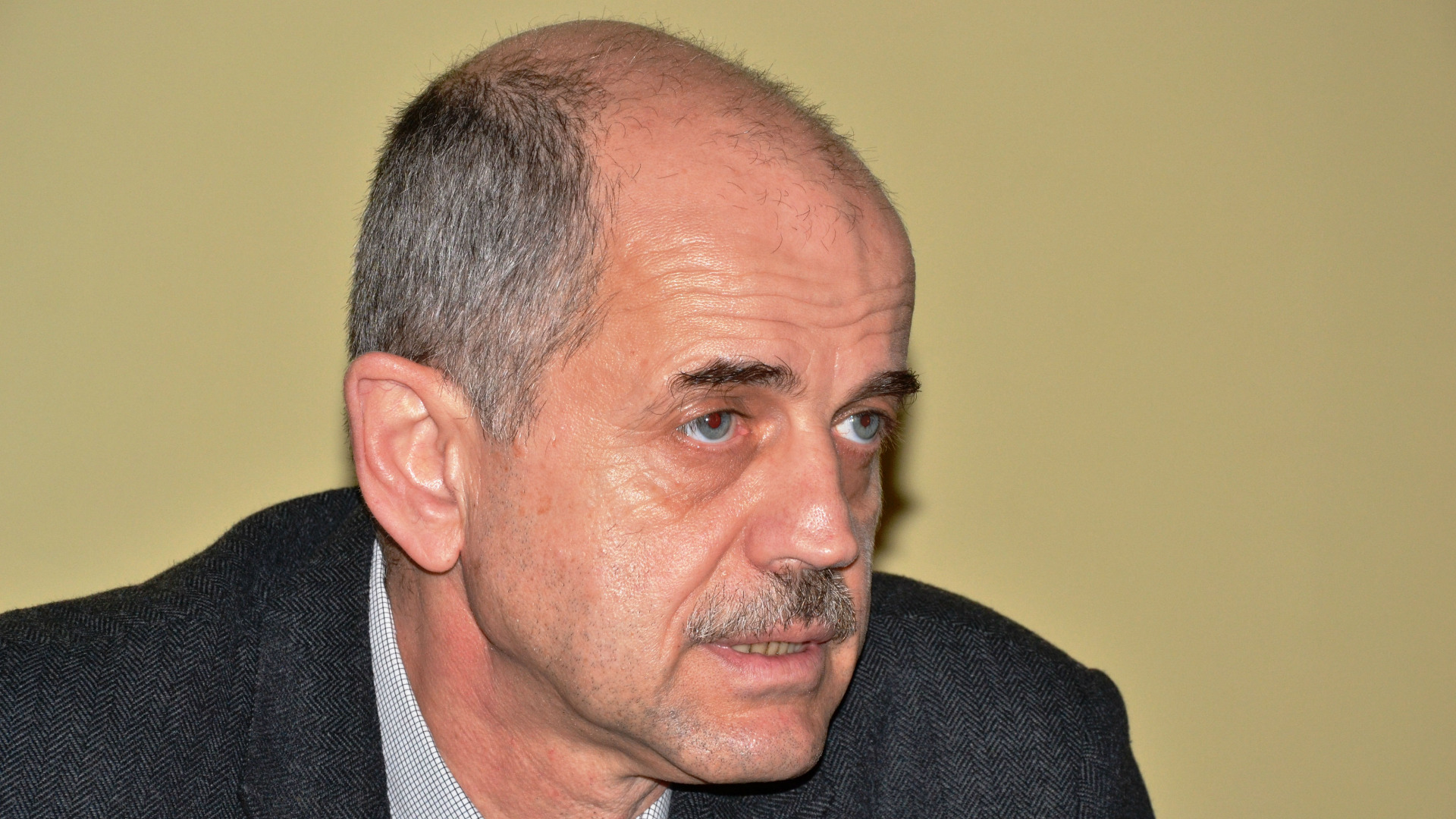Once, the great Bulgarian forest (Magna silva bulgarica), which covered largest territories in South Europe, was dense and impenetrable. Its venerable trees covered the lands between the Black Sea and the Adriatic Sea and between the Danube River and the Rhodopes. Nowadays these silent witnesses of the Bulgarian history, including the giant English oak which grows in the village of Granit (aged nearly 1,650 years) are only 9% of all forest trees. The saddest fact is that currently the venerable trees are subject to wild and uncontrolled logging, which often happens with the implicit consent of some state structures.
There are various reasons behind the uncontrolled logging of the trees, which depends on the property and the type of the forest territory. Some of them fall within the boundaries of private properties. According to data of the Bulgarian Ministry of Agriculture and Food, the private forests can be logged without a preliminary plan or schedule under the current law. Thus, large territories are gradually deforested through the logging of small patches of forest lands. There are many small private properties in the Northwestern and Central North parts of Bulgaria - around Veliko Tarnovo, Lovech, Vidin and Montana districts. Some farmlands, covered with trees and other vegetation, are also endangered of uncontrolled logging. Due to the high demand of pastures over the past two years, the owners and the tenants of Bulgarian farmlands have started to log the trees on plots covered with forests. This wild logging covers large territories. Unfortunately, there isn't any precise statistical data about the volumes of the trees subject to logging. In most cases the logging of this vegetation is beyond any rules and regulations, but no sanctions are imposed on the violators. The vicious practices are soon to be abolished due to the amendments to the Forestry Act proposed by the Ministry of Agriculture and Food. According to Deputy Minister Georgi Kostov, the amendments regard the private practice of the foresters and their qualification.

The authorities are planning to make amendments to other legislative acts, linked with violations, penalties and prevention of illegal practices in Bulgarian forests. The competent bodies are discussing the idea which envisages the implementation of electronic system for logging and wood transportation.
“Practically, the wood felled in our forests is somehow legal. That is why we must check the whole process - from the logging permits to the timber’s transportation. One of our ideas regards the launch of an electronic transport ticket, so that a given load is not transported twice. The previous experience shows that the trucks loaded with timber can make two trips a day instead of one and practically transport twice the quantity of timber permitted. We are also discussing the possibility to install GPS systems on the vehicles transporting wood. Cameras will be also installed on the premises where wood is processed and stored."
English version: Kostadin Atanasov
At the Bulgarian Embassy in London, Prof. Bettany Hughes presented excerpts from the new BBC series - Wonders of Bulgaria. Prof. Bettany Hughes is the author of two episodes of the documentary. Hughes is a historian, writer, author of..
According to the Annual Report on the Health Status of Bulgarian Citizens for 2023, t he main cause of death in Bulgaria is diseases of the cardiovascular system (61.1%), followed by oncological diseases (16.5%) and diseases of the respiratory system..
In the week of St. Andrew’s Day (also known as Bears’ Day or Mechkinden), WWF is drawing attention to six orphaned bear cubs who have been given a second chance at life. The initiative is part of the "Subscribe to Nature" campaign and..
Modernizing critical thinking skills, fact-checking skills and media literacy are essential for society, especially for young people in Bulgaria - the..
"You say you are Bulgarian, but you do not know Bulgarian" – this reproach from officials in Bulgaria has been faced by quite a few by our compatriots..
The survival of millions of people around the world, living in conditions of war, hunger, disease and immense despair, is at stake every day. We often..

+359 2 9336 661
